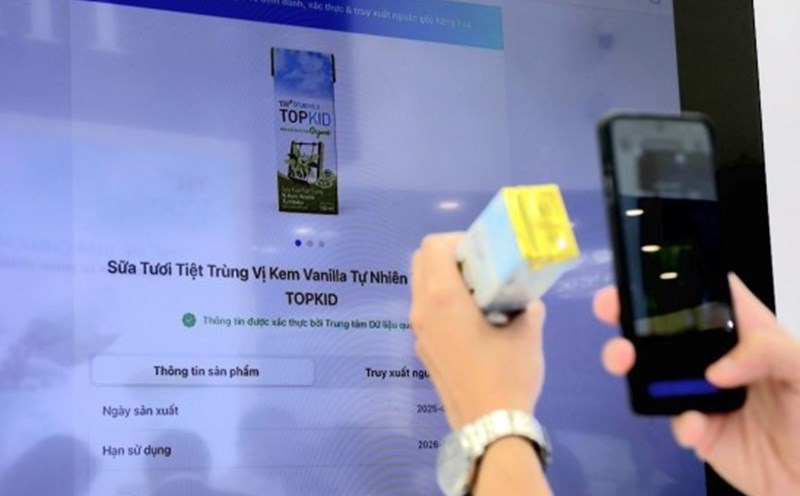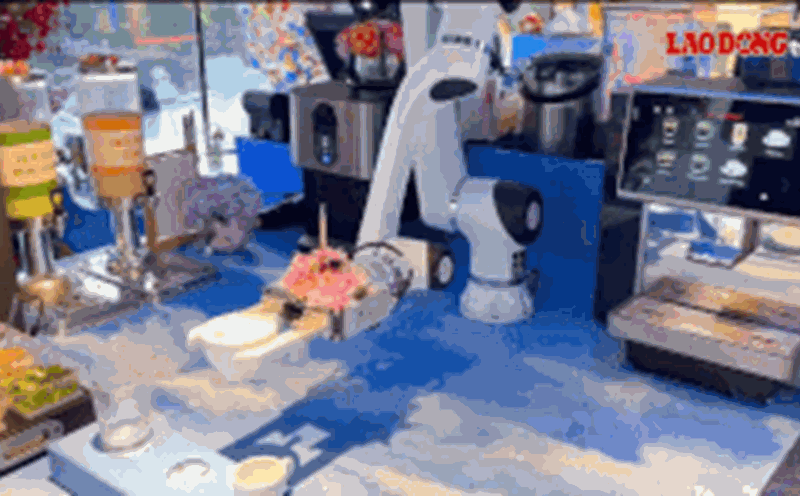The birth of Sora, OpenAI's latest artificial intelligence (AI) video creation tool, is completely changing the way people perceive intuitive truth.
Like ChatGPT in the field of language, Sora opens a new era of animation, where the line between real and fake becomes increasingly fragile.
The Sora app, now free on the iPhone, allows users to create authentic videos just by entering a short description like cursing camera footage of a dog caught stealing a cows rib.
The videos created by Sora look incredibly vivid, making viewers unable to distinguish between real scenes and AI products. Just a few days after its launch, Sora became the most downloaded app on the App Store.
However, behind that excitement are serious concerns. In addition to a series of humorous entertainment videos shared on TikTok or Reddit, many people have taken advantage of Sora to spread false information, creating fake evidence such as crime scenes, fabricated TV news or defaming videos of others.
Experts warn that this technology could mark the end of the belief in intuitive images, which were once considered the authenticity standard of the digital age.
Professor Ren Ng, University of California, Berkeley, commented: Human brains are programmed to believe what they see. But from now on, we are forced to stop and wonder if that video really happened?.
Not only controversy over authenticity, Sora has also made Hollywood worried that many videos could violate the copyright of characters, movies and TV shows.
OpenAI CEO Sam altman said the company is collecting feedback and will soon allow copyright owners to control how their images are used, as well as how they make money from the platform.
On the user side, OpenAI affirmed that it has applied measures to limit harmful content, from porno videos, terrorist propaganda to misinformation about health.
However, after just a few hours of testing, people can still create sophisticated fake clips, such as traffic accidents or fabricated statements.
Even though Sora videos contain blurred images, users can still easily cut them before sharing.
According to experts, AI technology is developing too quickly to be able to take timely control measures. Fake video division tips will quickly become useless, says Hany Farid, professor of computer science at the University of California.
Sora is a clear testament to the power and risks of modern artificial intelligence. In an era where every photo or video can be created with just a few lines of description, perhaps what we see no longer means "it really happened".










